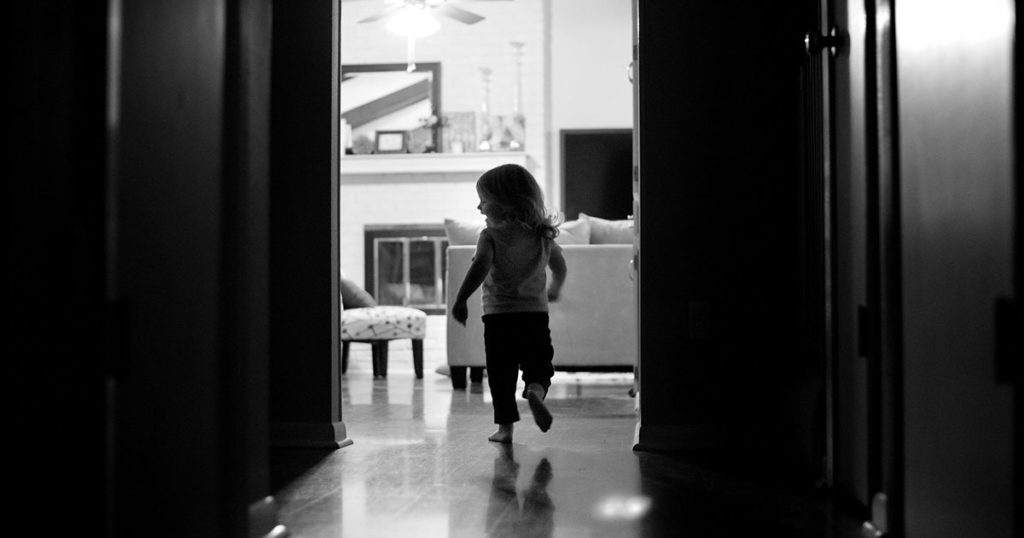
The little girl leaned back on the floor pillow where she was seated. “Soy la más lista,” she announced, I’m the smartest, which is surely a common claim, either made outright as this four-year-old had, or hinted at by someone pointing out accomplishments. So far, subtlety is not this little girl’s strong suit, and the statement came out of the blue, no lead-up, but with utter naturalness.
My son was visiting me for the afternoon, and he asked the little girl, who had dropped in with her grandfather, “Ah sí? De quién?” The smartest of whom?
“De los dos,” was her answer, of you two, and with her forefinger and middle finger in a vee, she indicated my son and me where we were sitting on the sofa, facing her. What struck me was that in her calculation she explicitly excluded her grandfather, sitting beside her on a low stool and looking up footraces on my tablet. Why? Because she would lose in a contest with him? Because she wished to honor him by not questioning his status as the maximum in everything? Because it never occurred to her to compete with him in anything? He is even higher in her estimation than her parents because he takes her to the park for hours, buys her sweets, and can fix any broken toy. He even lets her hold the tools while he does.
Now she backed up her claim by offering proof. “I know where all the countries are,” she said in Spanish.
“Ah?” replied my son. “Where is Spain?”
She tilted back her head, stuck out her bottom lip, and said she wasn’t going to say.
My son laughed pleasantly. “What good is it being so smart and knowing so much if you won’t tell us?”
She haughtily turned away to fiddle with a toy at her elbow. She knows when to step away from a contest. I thought that was pretty good for four years old.
Soon her grandfather set aside the tablet. He stood up, looked at his granddaughter, and said it was time to go. This man once told me that you should start a child off on a short rope because you can always lengthen it, but if a child is used to a long rope, you’ll have trouble shortening it. How short was the little girl’s rope? Not so short to make her stand up when he did. Instead, that day, like most, his suggestion was met with an automatic rejection. She never wanted to go. She did not whine but imperiously negated his suggestion. “No.”
“Come on. It’s time.” Her grandfather held out his hand to her.
“I want a cookie,” she said, looking up from her pillow.
“I’ve got one in the car,” he said, to which she countered that she knew I had a cookie in the kitchen.
“I’ve got two in the car,” he said. She looked interested. “Do you know what else there is?” he asked.
“What?”
“Ah! We’ll have to go look.”
She seemed torn, but before she could decide what to do, he asked if she wanted to leave by the front door or through the French window, and she switched her attention to that question. The door, she said. When her grandfather turned that way, she played her trump: no, the window, she decreed, and led the way.
They left, but I never thought that she’d fallen for the same two-cookie trick he plays every visit. I think that they have simply worked out a routine with both of them getting a part to play. In Spanish, a common refrain is that it’s not important to know the answer but to have the number of the person who does. She has that number, her grandfather’s, as birthright. That number will resolve her problems in innumerable situations. I’m pretty sure she’d insist that he is the smartest. El más listo. She has as well, though, her grandfather’s number in the English sense of the expression: she knows who’s holding the rope and how far that rope will stretch. Hard to say who is the sharper of the two.
I stood in the lane and watched them leave. “Let’s race!” she said. They lined up. Who’s going to give the signal, her grandfather asked. “Me!” was the answer. Then they were off, the two of them laughing. The person they both wanted to win, did.

